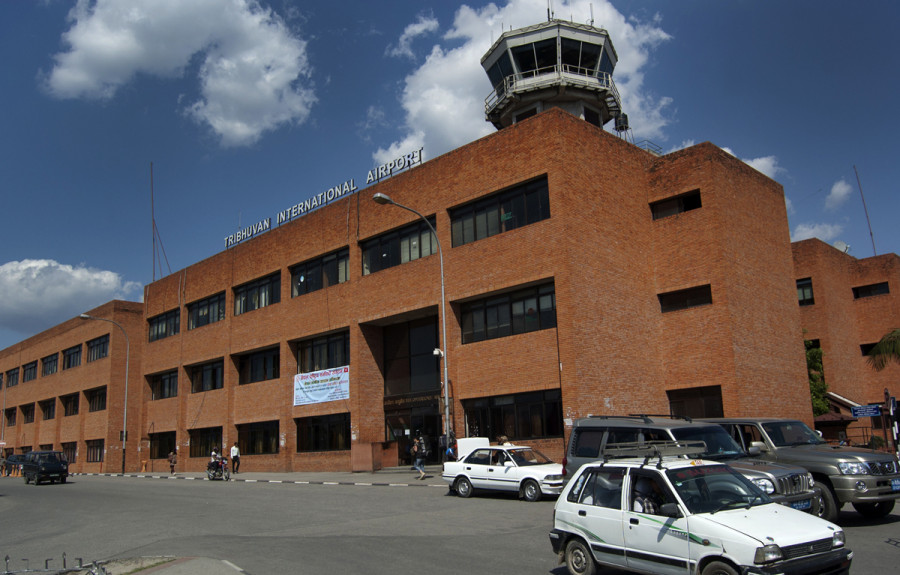Health
Health Ministry deputes a doctor, paramedics at the airport health desk
Currently, there’s no facility in the country that isolates passengers suspected of carrying infectious diseases.
Arjun Poudel
Following an alert from the World Health Organization (WHO) over the possible spread of a coronavirus strain, the Ministry of Health and Population on Wednesday deputed a medical doctor to the Tribhuvan International Airport health desk.
The WHO last week had alerted Nepal about the risk of possible transmission of a new strain of coronavirus detected in the Wuhan city of China, where at least one person has died of respiratory failure and more than 40 others have suffered a pneumonia-like illness caused by a new strain of coronavirus last week.
"We have deployed a medical doctor and paramedics at the health desk set up at the Tribhuvan International Airport," Khaga Raj Baral, secretary at the Health Ministry, told the Post. "We have also sought the necessary help of the Civil Aviation Authority and the Department of Immigration to run the heath desk smoothly."
Nepal is at a high risk of transmission of the deadly disease, as the flow of tourists from a neighbouring country, China, is very high. More than 169,000 Chinese tourists visited Nepal in 2019. Nepal aims to attract two million foreign tourists in 2020 including 350,000 Chinese tourists.
The ministry has also requested the WHO’s country office in Nepal for technical as well as logistic support to strengthen their health desks.
None of the nine health desks—one at the Tribhuvan International Airport and eight at the land crossings set up at the time of the Ebola Virus outbreak in Africa in 2014—are currently not functional due to a staff crunch. Some health workers, who were trained to quarantine commuters, were transferred to local levels.
The nine health desks are also lacking in infrastructure facilities, such as thermal imaging cameras, infrared thermometers to check the temperature of the travelers, sufficient personnel protective gear, isolation facilities and trained human resources to handle suspicious cases.
Dr Bibek Kumar Lal, director at the Epidemiology and Disease Control Division, said the Health Ministry has also informed his office about the deputation of the medical doctors and other health workers to the TIA health desk.
"The ministry has finally taken the issue seriously and deputed health workers to the international health desk, "said Lal."We hope that permanent posts of health workers will be created for the health desk at TIA and other land crossings."
To screen passengers at the entry points, the division has modified a form format developed at the time of the Ebola epidemic in 2014 with the help of the UN Health agency. Dr Lal said that his office had sent the format for printing and would supply it to the health desk at the earliest.
However, even though the Health Ministry has deputed medical doctors and paramedics to the Tribhuvan International Airport's health desk, there is no facility to isolate a suspected passenger, unlike in Thailand, where a Chinese tourist infected with a new strain of coronaviruses was isolated and is currently being treated. Sixteen other people, who were close to the woman, are also being examined.
"We have signed an agreement with Norvic International Hospital and Kathmandu Medical College for treatment of tourists, but those hospitals do not have isolation facilities," said Lal.
Nepal is highly vulnerable to several deadly coronaviruses like MERS and SARS, as hundreds of thousands of Nepali migrant workers have been serving in the Middle East and South Korea, where these viruses are prevalent.
Additionally, hundreds of peacekeepers from the Nepal Army, Armed Police Force and Nepal Police have been serving in the African countries affected by the deadly Ebola virus. Those peacekeepers have been entering the country without any health screenings for a long time.
The WHO says high visitor traffic can play a critical role in the spread of deadly diseases internationally.




 9.14°C Kathmandu
9.14°C Kathmandu















